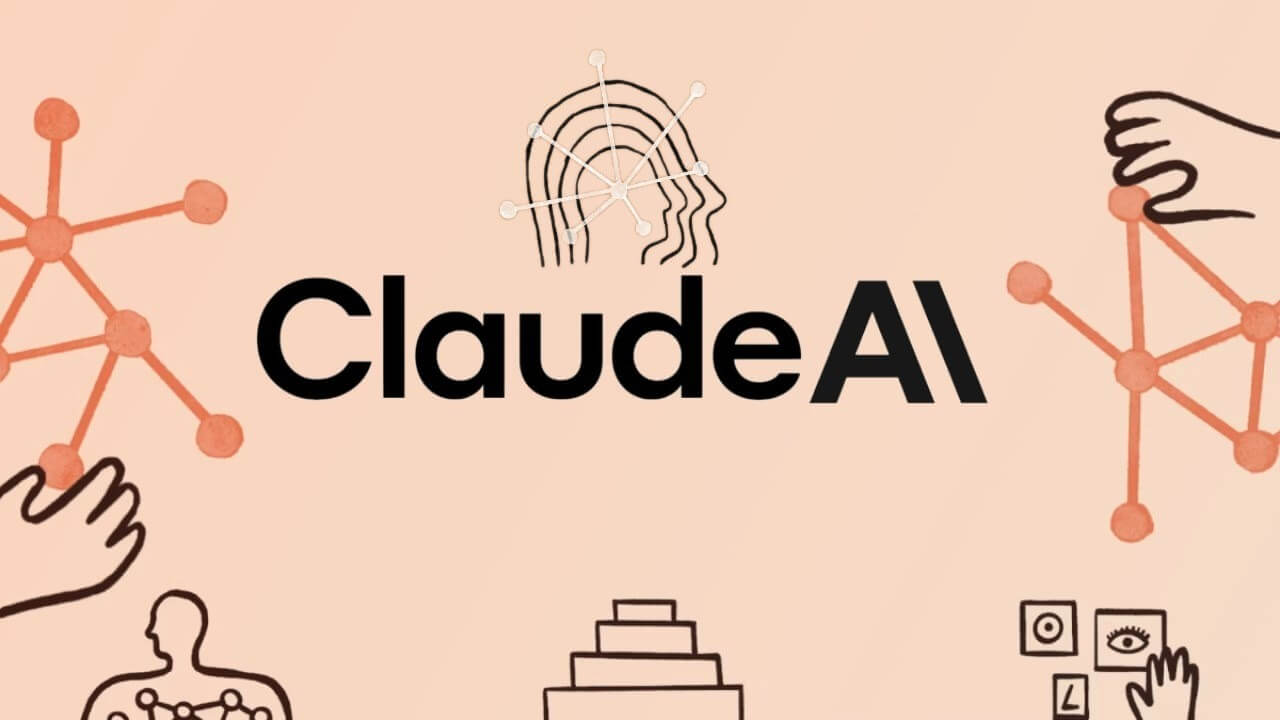Anthropic's Claude AI has recently added a game-changing feature: the ability to search the web and provide responses with source links. This enhancement marks a significant step forward for the AI assistant, bringing it closer to feature parity with competitors like Google's Gemini and OpenAI's ChatGPT, both of which already offer similar functionalities. The integration of web search empowers Claude to access real-time information, expand its knowledge base beyond its initial training data, and deliver more up-to-date and relevant answers to user queries.
One of the key highlights of this new feature is the emphasis on transparency and fact-checking. When Claude incorporates information from the web into its responses, it provides direct citations, enabling users to easily verify the sources and ensure the accuracy of the information. This commitment to transparency is particularly crucial in an era where misinformation and disinformation are rampant. By providing source links, Claude empowers users to critically evaluate the information presented and form their own informed opinions.
Furthermore, Claude's web search functionality aims to streamline the information-gathering process for users. Instead of requiring users to manually sift through numerous search engine results, Claude processes and delivers relevant sources in a conversational format. This feature saves users valuable time and effort, allowing them to focus on analyzing and synthesizing information rather than spending countless hours searching for it.
Anthropic believes that this enhancement will unlock a multitude of new use cases for Claude across various industries. For example, sales teams can leverage Claude's web search capabilities to transform account planning and drive higher win rates by analyzing industry trends and learning about key initiatives and pain points. Financial analysts can assess current market data, earnings reports, and industry trends to make better investment decisions and inform financial model assumptions. Researchers can build stronger grant proposals and literature reviews by searching across primary sources on the web, spotting emerging trends, and identifying gaps in the current literature.
Currently, the web search feature is available as a "feature preview" for paid Claude users in the United States who are using Claude 3.7 Sonnet. However, Anthropic plans to expand support to free-tier users and additional countries in the near future. To activate the web search feature, users simply need to toggle it on in their profile settings. Once enabled, Claude will automatically search the web when relevant to user queries.
The addition of web search to Claude AI is a significant development that addresses one of its previous limitations compared to its competitors. By providing access to real-time information and ensuring transparency through citations, Anthropic is solidifying Claude's position as a leading AI assistant. This new feature has the potential to transform the way users interact with AI, enabling them to leverage the power of real-time information to make better-informed decisions and gain deeper insights into a wide range of topics. As Claude continues to evolve and improve, it is poised to become an even more indispensable tool for individuals and organizations alike.
The integration of web search underscores a broader trend in the AI landscape: the convergence of large language models with search engine capabilities. As AI assistants become increasingly sophisticated, they are no longer limited to relying solely on their pre-trained knowledge. Instead, they can tap into the vast wealth of information available on the internet to provide users with more comprehensive, accurate, and timely responses. This convergence has the potential to revolutionize various industries, from customer service and education to research and development. It also raises important questions about the future of search and the role of AI in shaping the way we access and consume information.

















